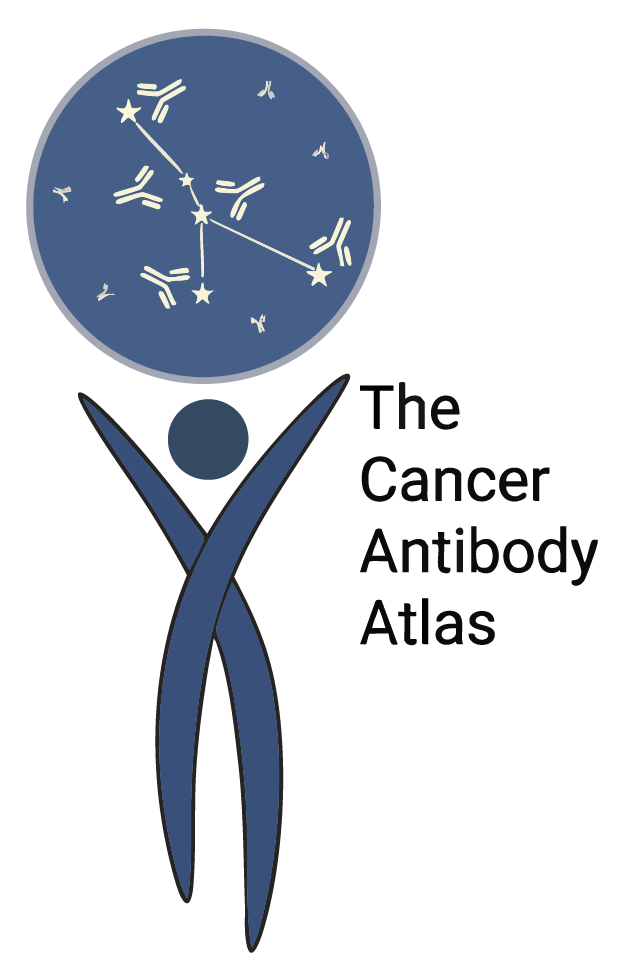


Paul Bastard, MD-PhD - Principal Investigator
Imagine Institute, Paris Cité University (France), has recently discovered that neutralizing anti-IFN-I auto-Abs compromised early anti-SARS-CoV-2 defense in 20% of deceased individuals, across age groups, and underlie unprecedented proportions of severe cases for an increasing number of viral diseases.
Jean-Laurent Casanova, MD-PhD - Extended Management Group
Rockefeller University, HHMI (USA), has studied human inborn errors of immunity, and their autoimmune phenocopies, for the last 30 years. He is a world expert in discovering and characterizing novel errors of immunity, including inborn errors of cytokines and their auto-immune phenocopies.
Chi Van Dang, MD-PhD - Extended Management Group
Johns Hopkins University (USA), as CEO of the Ludwig Institute for Cancer Research, has offered to co-sponsor this proposal and fund all downstream in vivo and in vitro validation assays so that the funds from this Grand Challenge can remain focused on novel discovery.
Xin Lu, PhD - Extended Management Group
University of Oxford (UK), is already heavily involved in extant Cancer Research UK funded cohorts such as DeLiver (w/ Prof. Ellie Barns) and the NIHR funded MILI cohorts (w/ Prof Sarah Blagden). She brings critical cohorts and skillsets to this consortium, including prior work with autoantibodies.
Jacques Fellay, MD-PhD
Federal Polytechnic School of Lausanne (Switzerland), is a leader in human genomics of infection and immunity. He studied the host genetic determinants of humoral immune responses and immune-related adverse events, developing AI-based methods to solve challenges in genomics and biomedical data science.
Tyler Hulett, PhD
CDI Laboratories (USA), is the lead scientist at CDI Labs. CDI’s HuProt microarray is cited in hundreds of autoantibody discovery papers. Tyler leads construction of novel PhIP-Seq libraries, isotype-specific reagents, and discovery analytics for this proposal.
Nils Landgren, MD-PhD
Uppsala University (Sweden), is an expert in the use of HuProt microarrays and has validated drug-like autoantibodies discovered using them. Nils provides access to the critical Uppsala/Umeå Comprehensive Cancer (U-CAN) Consortium biobank and the Uppsala Longitudinal Study of Adult Men (ULSAM).
Trine Mogensen, MD-PhD
Aarhus University (Denmark), stewards some of the best characterized longevity cohorts of centenarians and twin ageing globally. To identify long-lives lived without cancer, and potential features of successful immunosurveillance in them – participation of her as a partner is critical.
Ruth Travis, PhD
University of Oxford (UK), brings molecular and cancer epidemiological expertise and leads aetiological research in prospective and genomic studies of cancer risk in large populations, including the EPIC study and the UK Biobank. Cross-cancer multiplex proteomics revealed a protective role of immunosurveillance in cancer.
Imagine Institute, Paris Cité University (France)
Rockefeller University (USA)
Johns Hopkins University (USA)
Ludwig Institute for Cancer Research
University of Oxford (UK)
Federal Polytechnic School of Lausanne (Switzerland)
CDI Laboratories (USA)
Uppsala University (Sweden)
Aarhus University (Denmark)
OpenProt: Novel dark proteome PhIP-Seq library designed courtesy of information provided by OpenProt, (DOI:/10.1093/nar/gkad1050).
The Cancer Genome Atlas & Thorsson et al 2018: Novel tumor neoantigen mutation-site PhIP-Seq library designed courtesy of pre-computed tumor-specific mutation-sites from Thorsson et al. (2018); this dataset represents 10,437 unique tumors across 33 cancer types summarizing neoantigen events from The Cancer Genome Atlas (TCGA).
ViralZone: Images of individual viruses courtesy of ViralZone, a knowledge resource to understand virus diversity (PMID:20947564, DOI:/10.1093/nar/gkq901).
Human Protein Atlas: Individual protein summary information, TCGA summary information, and cell localization image courtesy of proteinatlas.org.
Uhlén M et al., Tissue-based map of the human proteome. Science (2015) PubMed: 25613900 DOI: 10.1126/science.1260419
Thul PJ et al., A subcellular map of the human proteome. Science. (2017) PubMed: 28495876 DOI: 10.1126/science.aal3321
Sjöstedt E et al., An atlas of the protein-coding genes in the human, pig, and mouse brain. Science. (2020) PubMed: 32139519 DOI: 10.1126/science.aay5947
Karlsson M et al., A single-cell type transcriptomics map of human tissues. Sci Adv. (2021) PubMed: 34321199 DOI: 10.1126/sciadv.abh2169
Uhlen M et al., A pathology atlas of the human cancer transcriptome. Science. (2017) PubMed: 28818916 DOI: 10.1126/science.aan2507
Uhlen M et al., A genome-wide transcriptomic analysis of protein-coding genes in human blood cells. Science. (2019) PubMed: 31857451 DOI: 10.1126/science.aax9198
Uhlén M et al., The human secretome. Sci Signal. (2019) PubMed: 31772123 DOI: 10.1126/scisignal.aaz0274